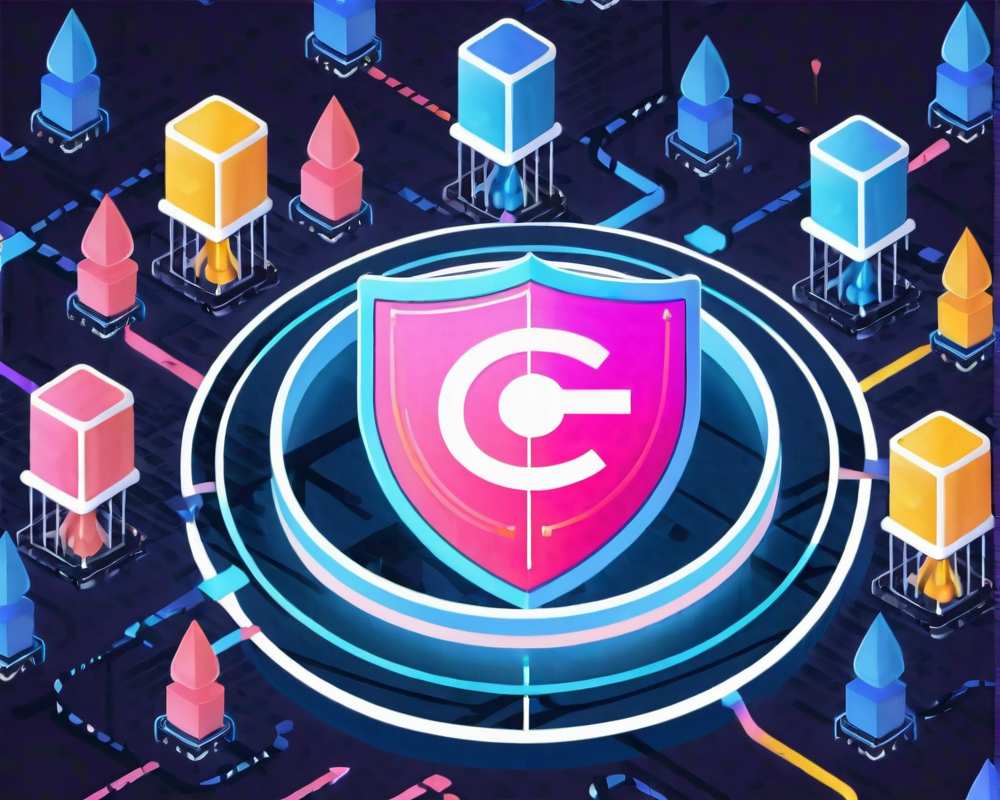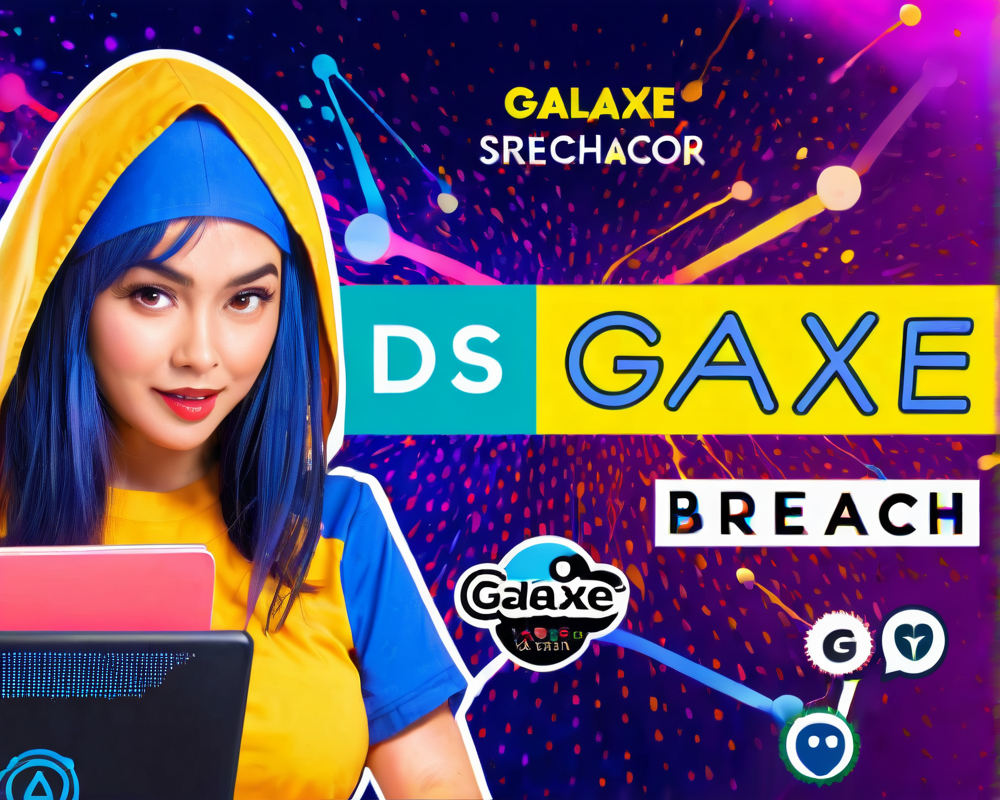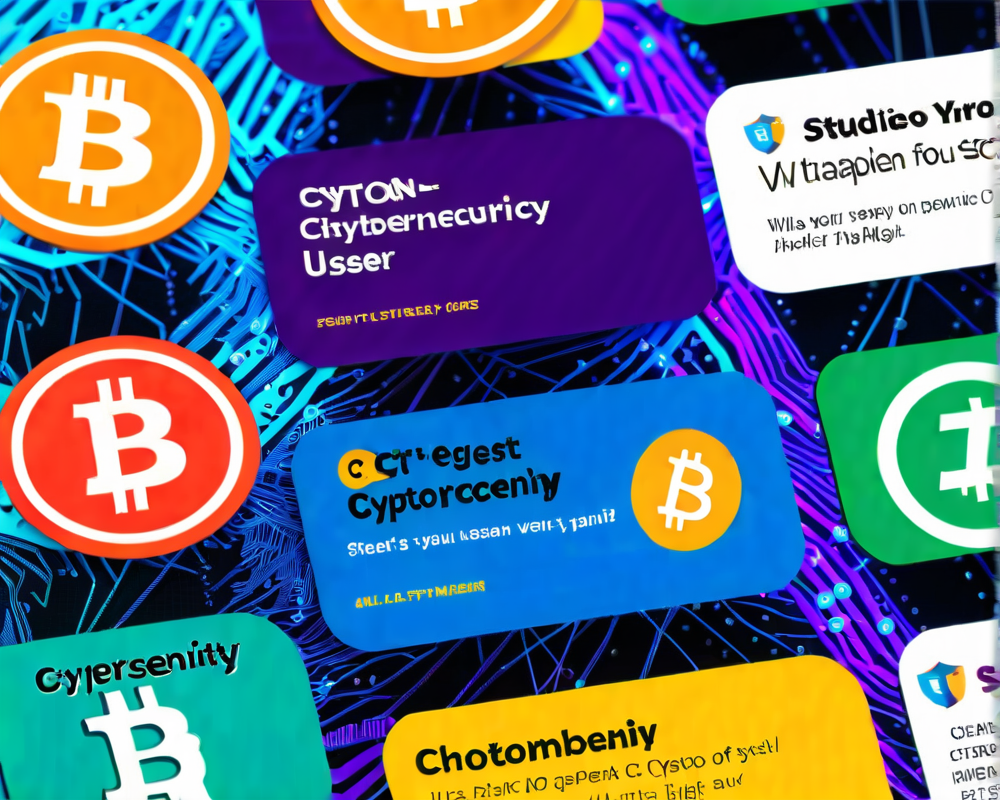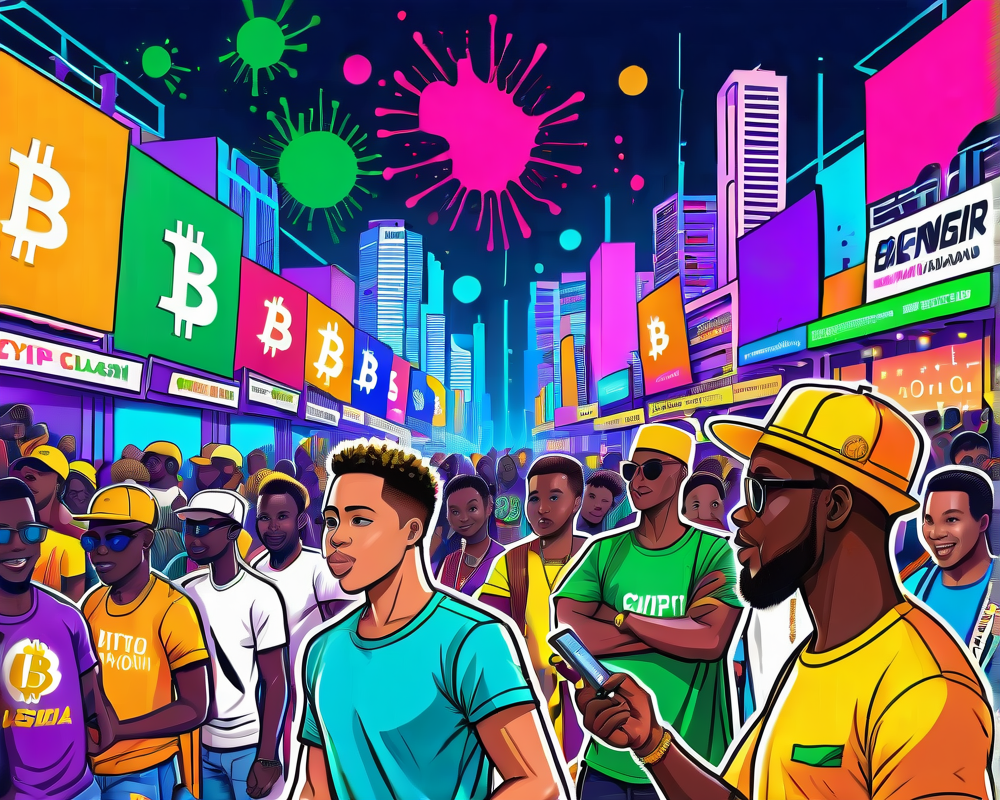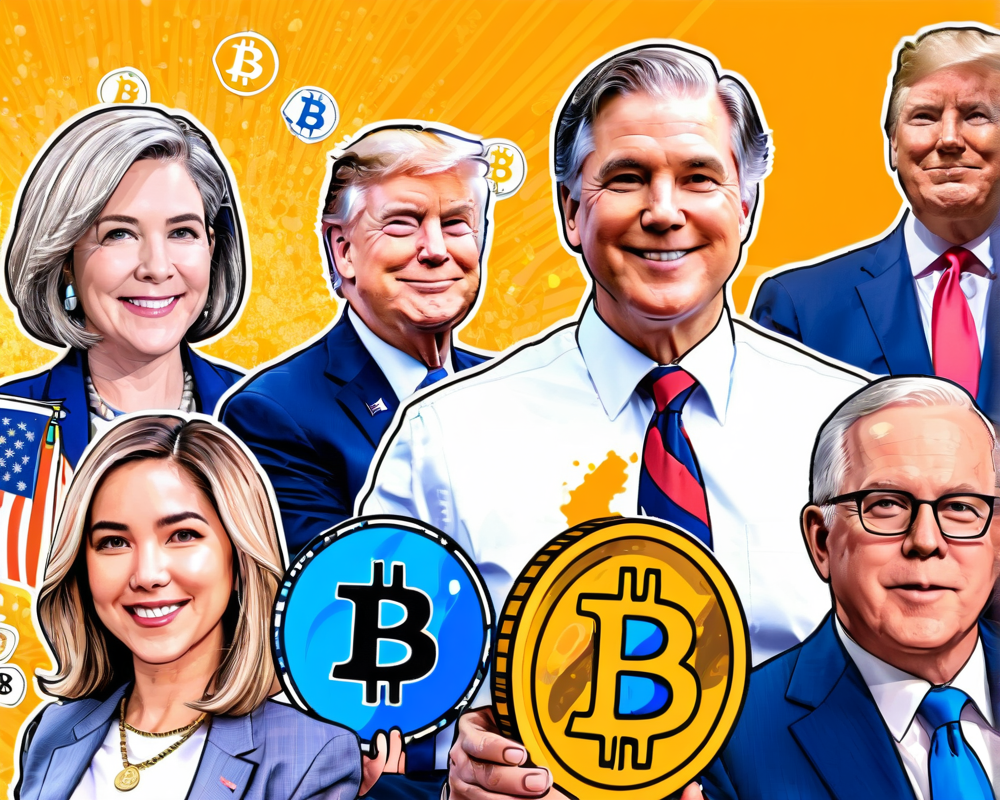Introduction to Copyright Shield
In a groundbreaking move that has tech enthusiasts buzzing, OpenAI has introduced a safety net for its business-tier ChatGPT users known as Copyright Shield. This initiative, announced during the company’s first developer conference, DevDay, signifies a bold commitment to support users who might find themselves entangled in legal controversies related to copyright infringement.
Who Benefits from the Shield?
Before you start celebrating, it’s essential to note that this shield exclusively covers users of ChatGPT Enterprise and the developer platform. So, unless you’re shelling out the big bucks for the business tier, you might want to keep an eye on your creative outputs. Unfortunately, users of the free and Plus versions will have to fend for themselves when it comes to legal woes.
Ceospeaking Out
During his keynote address, OpenAI CEO Sam Altman assured attendees that, “We will step in and defend our customers and pay the costs incurred if you face legal claims around copyright infringement.” Now, that’s a pretty tempting offer for companies relying heavily on AI for content generation!
A Trend Among Tech Giants
OpenAI is following in the footsteps of tech titans like Microsoft, Amazon, and Google, who have also extended similar legal protections to their user bases. It’s like a techy version of “I’ve got your back,” where the stakes are decidedly higher given the gray area around copyright in the digital age.
What’s Brewing at DevDay?
The DevDay event wasn’t just about legal assurances. OpenAI unveiled exciting new features, including the ability for users to create custom ChatGPT models, which can soon be sold on a new app store. On top of that, they announced an upgraded model named ChatGPT-4 Turbo. So while users are shielding their rights, they might also be expanding their wallets!
The Legal Consequences of AI Training
However, while OpenAI raises its shield, it’s also facing a barrage of legal challenges. A lawsuit by comedian and author Sarah Silverman and a couple of co-plaintiffs accused the company of including copyrighted works in its training data derived from dubious sources. It’s a bit of “what came first, the chicken or the egg” scenario when the AI is trained on copyrighted material and then faces lawsuits regarding that very content.
Considering the Ethics of AI
With allegations of systematic theft and privacy breaches swirling around, it begs the question: how do we ensure the ethics of AI in a world where technologies often blur the lines of creativity and ownership? The response from industry leaders like OpenAI may be to provide more legal assurances, but isn’t it high time these companies take a deeper look at their practices?
Final Thoughts: Innovation vs. Legality
As OpenAI, and indeed the industry at large, navigate these rough waters, it remains to be seen how effective the Copyright Shield will be. One thing is for certain: innovation in AI is racing ahead, and the legal frameworks seem to be playing catchup at breakneck speed. But for now, if you’re on the business tier, it might just be time to kick back and relax—for the legal battles might no longer be on your dime.
